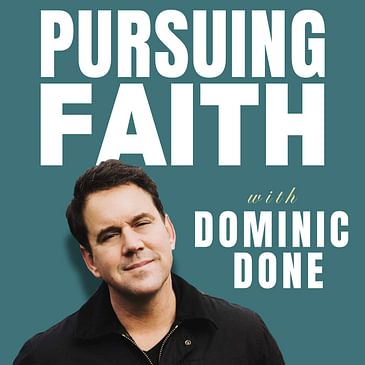In this episode, we dive into Acts 5:12-16 to uncover the extraordinary events where the apostles performed miraculous healings. We explore how these acts of divine intervention polarized responses, with some people filled with faith and others gripped by fear. We'll discuss the profound questions these stories raise about the nature of healing: Does it still happen today? How does God heal? What is the purpose of healing? Discover how healing is a sign of God's power and presence, a return to His original vision, and a promise for the future.
Links:
www.pursuingfaith.org





